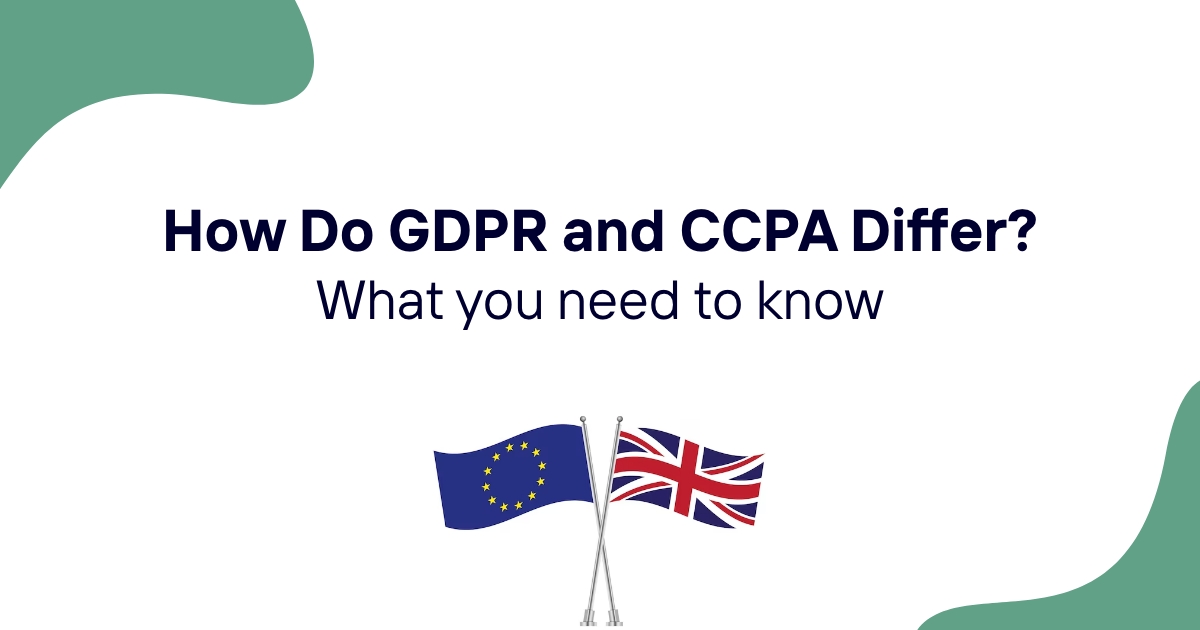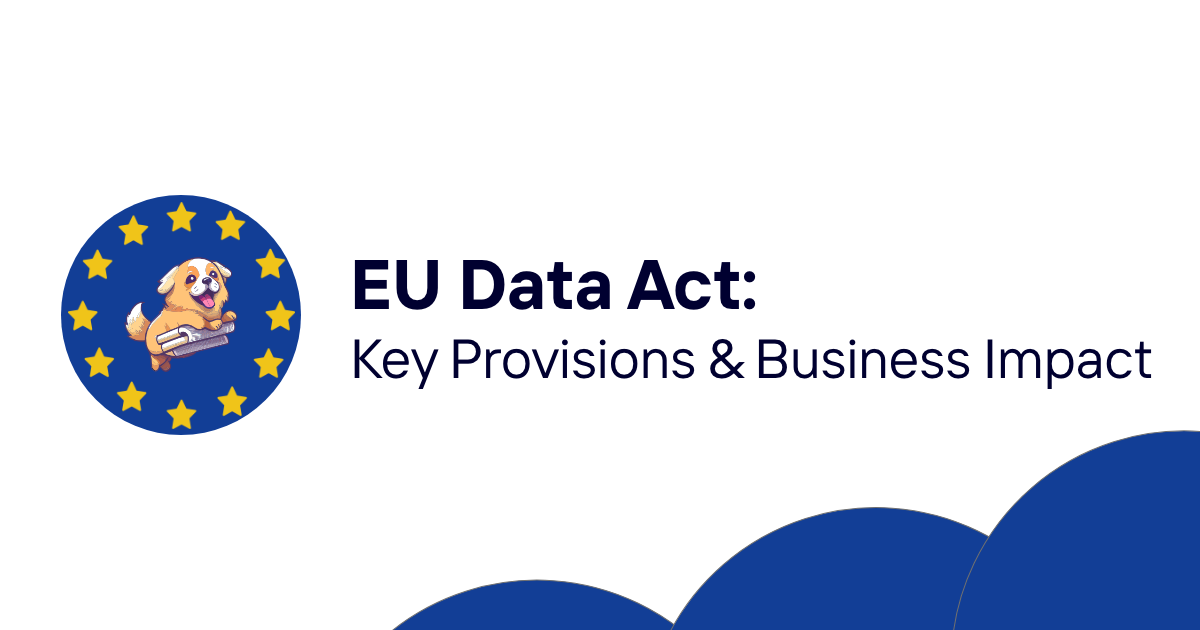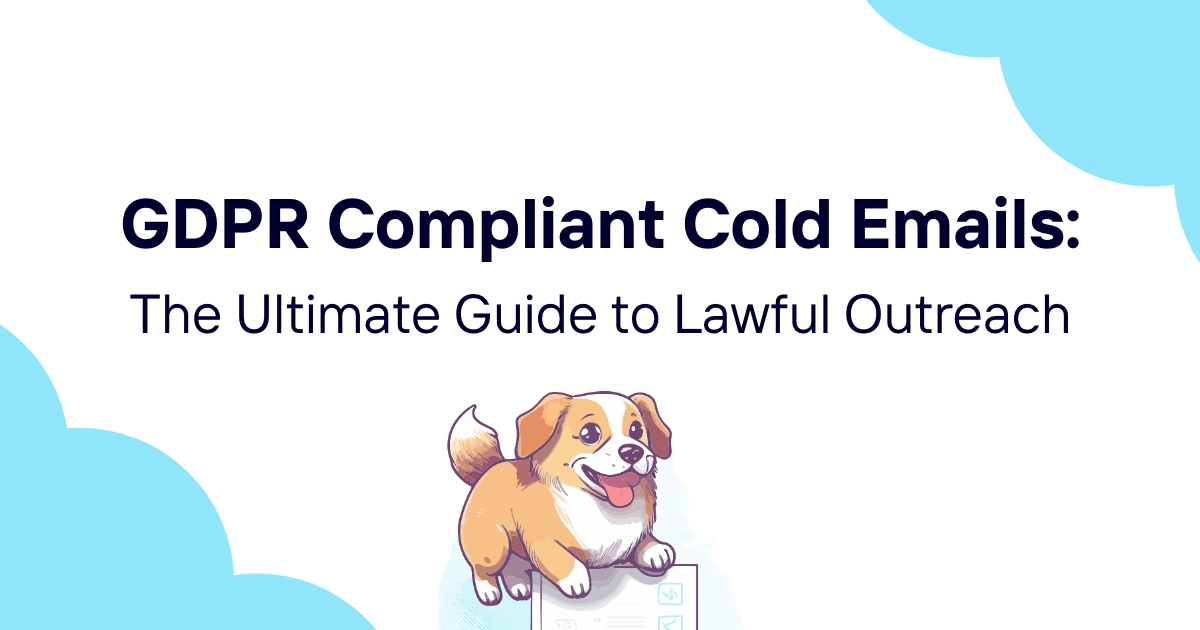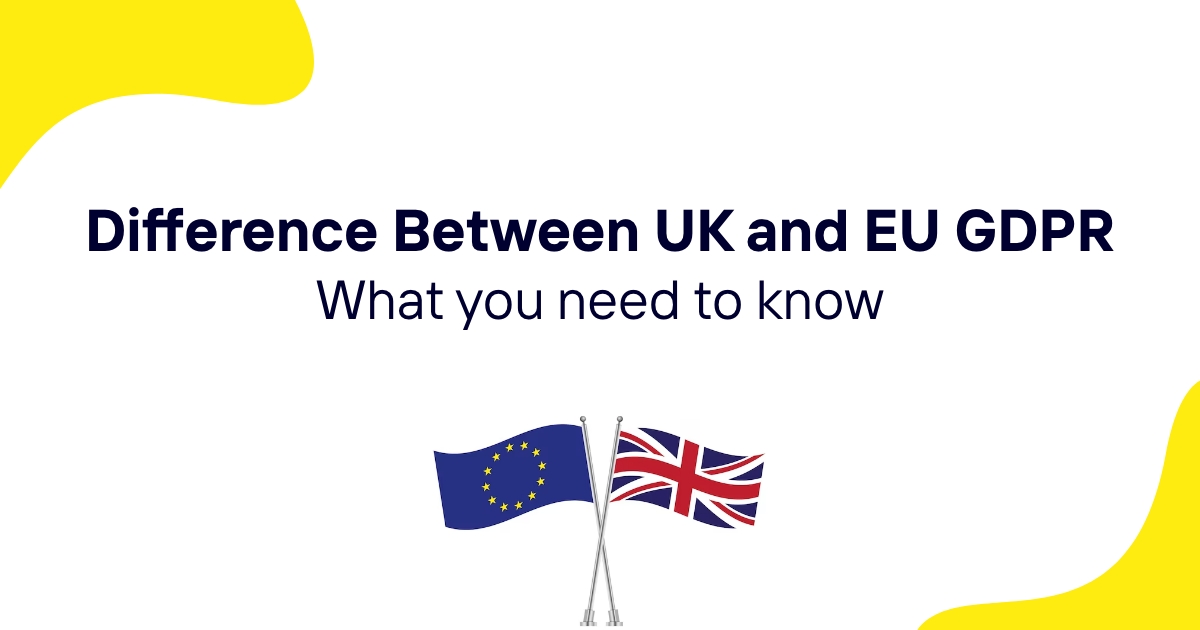The California Consumer Privacy Act (CCPA) and the European Union's General Data Protection Regulation (GDPR) are two of the most significant data privacy laws in recent years. While both aim to protect consumer data rights, they have important differences that businesses need to understand.
This article examines the key distinctions between CCPA and GDPR to help organizations navigate compliance with both regulations.
Table of Contents
- Overview of CCPA and GDPR
- Scope and applicability
- Definition of personal information
- Consumer rights
- Consent requirements
- Data protection measures
- Penalties for non-compliance
- Enforcement mechanisms
- Impact on businesses
- Compliance strategies
1. Overview of CCPA and GDPR
The CCPA and GDPR represent landmark legislation in data privacy protection. While they share some similarities in their overall goals, they differ significantly in their specific requirements and scope.
CCPA went into effect on January 1, 2020. It gives California residents new rights regarding their personal information and imposes data protection obligations on certain businesses.
GDPR has been in force since May 25, 2018. It standardizes data protection laws across EU member states and applies to any organization that processes EU residents' personal data.
2. Scope and applicability
One of the biggest differences between CCPA and GDPR is who they apply to:
CCPA applicability:
- For-profit businesses that do business in California
- Collect personal information of California residents
- Meet at least one of these thresholds:
- Annual gross revenue over $25 million
- Buy/sell/share personal information of 50,000+ consumers, households, or devices
- Derive 50%+ of annual revenue from selling consumers' personal information
GDPR applicability:
- Any organization that processes personal data of individuals in the EU
- Applies regardless of where the organization is located
- No revenue or size thresholds
The GDPR has a much broader territorial scope, potentially affecting many more businesses globally. CCPA is more limited but still impacts many companies outside of California that serve California residents.
3. Definition of personal information
Both laws protect personal information, but define it somewhat differently:
CCPA definition: Information that identifies, relates to, describes, is reasonably capable of being associated with, or could reasonably be linked with a particular consumer or household.
Examples:
- Name, address, SSN, driver's license number
- Commercial information like property records
- Biometric data
- Internet activity information
- Geolocation data
- Employment-related information
- Education information
GDPR definition: Any information relating to an identified or identifiable natural person ('data subject').
Examples:
- Name, identification number, location data
- Online identifier (e.g. IP address, cookie identifiers)
- Factors specific to physical, physiological, genetic, mental, economic, cultural or social identity
The GDPR definition is broader and includes things like IP addresses. CCPA excludes some publicly available information from government records.
4. Consumer rights
Both regulations grant consumers certain rights over their personal information, with some key differences:
CCPA consumer rights:
- Right to know what personal information is collected
- Right to access personal information
- Right to delete personal information
- Right to opt-out of sale of personal information
- Right to non-discrimination for exercising rights
GDPR data subject rights:
- Right to be informed about data collection and use
- Right of access to personal data
- Right to rectification of inaccurate data
- Right to erasure ("right to be forgotten")
- Right to restrict processing
- Right to data portability
- Right to object to processing
- Rights related to automated decision making and profiling
The GDPR provides more extensive rights, including data portability and the right to restrict processing. CCPA focuses more on disclosure and opting out of data sales.
5. Consent requirements
The consent models differ significantly between CCPA and GDPR:
CCPA consent:
- Does not require opt-in consent to collect or sell personal information (with some exceptions for minors)
- Businesses must allow consumers to opt-out of sale of personal information
- Must obtain opt-in consent to sell personal information of consumers under 16 years old
GDPR consent:
- Requires explicit, affirmative consent before collecting and processing personal data in many cases
- Consent must be "freely given, specific, informed and unambiguous"
- Silent or implied consent is not sufficient
- Separate consent required for different data processing purposes
GDPR sets a much higher bar for consent, requiring it to be active and explicit in many situations. CCPA focuses more on allowing opt-outs rather than requiring opt-ins.
6. Data protection measures
Both regulations require businesses to implement data protection measures, but GDPR is more prescriptive:
CCPA requirements:
- Implement reasonable security procedures and practices
- Protect personal information from unauthorized access, destruction, use, modification, or disclosure
GDPR requirements:
- Implement appropriate technical and organizational measures to ensure data security
- Use techniques like encryption and pseudonymization
- Conduct data protection impact assessments for high-risk processing
- Implement data protection by design and by default
- Maintain records of processing activities
GDPR provides more specific guidance on security measures, while CCPA takes a more general approach of "reasonable" practices.
7. Penalties for non-compliance
The potential fines differ substantially between the two regulations:
CCPA penalties:
- Up to $2,500 per violation
- Up to $7,500 per intentional violation
- Private right of action for data breaches (statutory damages $100-$750 per incident)
GDPR penalties:
- Up to €10 million or 2% of global annual turnover, whichever is higher, for less severe violations
- Up to €20 million or 4% of global annual turnover for more severe violations
GDPR fines can be much higher, especially for large companies. The potential for very large penalties has driven many organizations to prioritize GDPR compliance.
8. Enforcement mechanisms
The enforcement approaches also differ:
CCPA enforcement:
- Primarily enforced by California Attorney General
- Limited private right of action for data breaches
- 30-day cure period to fix violations before penalties
GDPR enforcement:
- Enforced by supervisory authorities in each EU member state
- Individuals can lodge complaints with supervisory authorities
- No cure period - immediate enforcement possible
GDPR's decentralized enforcement through multiple authorities creates a more complex compliance landscape for businesses operating across Europe.
9. Impact on businesses
The differing requirements of CCPA and GDPR create several challenges for businesses:
-
Compliance costs: Implementing systems and processes to comply with both regulations can be expensive, especially for smaller businesses.
-
Data management: Organizations need robust data management practices to track what personal information they hold, where it came from, and how it's used.
-
Marketing practices: Both laws impact how businesses can use personal data for marketing, requiring changes to targeting and profiling practices.
-
International data transfers: GDPR places restrictions on transferring personal data outside the EU, creating complications for global businesses.
-
Privacy policies: Companies often need separate privacy notices to address the specific requirements of each law.
-
Staff training: Employees handling personal data need to understand the nuances of both regulations to ensure compliance.
10. Compliance strategies
Given the complexities of complying with both CCPA and GDPR, businesses should consider the following strategies:
-
Data mapping: Conduct thorough data mapping to understand what personal information is collected, where it's stored, how it's used, and who it's shared with.
-
Unified approach: Where possible, implement data protection measures that satisfy the requirements of both regulations.
-
Consent management: Implement robust consent management systems that can handle the stricter GDPR requirements while also addressing CCPA opt-out rights.
-
Privacy by design: Incorporate data protection considerations into all new products, services, and processes from the outset.
-
Regular audits: Conduct periodic compliance audits to identify and address any gaps or new risks.
-
Documentation: Maintain detailed records of data processing activities, consent, and compliance measures.
-
Staff training: Provide comprehensive training to ensure all employees understand their obligations under both laws.
-
Incident response planning: Develop and test data breach response plans that comply with both CCPA and GDPR notification requirements.
-
Vendor management: Carefully vet and monitor third-party vendors to ensure they can support your compliance efforts.
-
Technology solutions: Consider implementing privacy compliance software to streamline and automate key processes.
Conclusion
While CCPA and GDPR share the common goal of enhancing consumer privacy rights, they differ significantly in their scope, requirements, and enforcement mechanisms. Businesses operating in both jurisdictions face the challenge of reconciling these differences and implementing comprehensive data protection strategies.
Given the complexity of these regulations and the potential for severe penalties, many organizations are turning to specialized compliance solutions. Tools like ComplyDog can help businesses navigate the intricacies of GDPR compliance, offering features such as data mapping, consent management, and automated compliance reporting. By leveraging such technologies, companies can more efficiently manage their obligations under both CCPA and GDPR, reducing risk and building trust with their customers.
As data privacy regulations continue to evolve globally, staying informed and maintaining flexible, robust compliance processes will be crucial for businesses of all sizes. By prioritizing data protection and embracing privacy-enhancing technologies, organizations can turn regulatory requirements into opportunities to differentiate themselves and build stronger relationships with their customers.


















